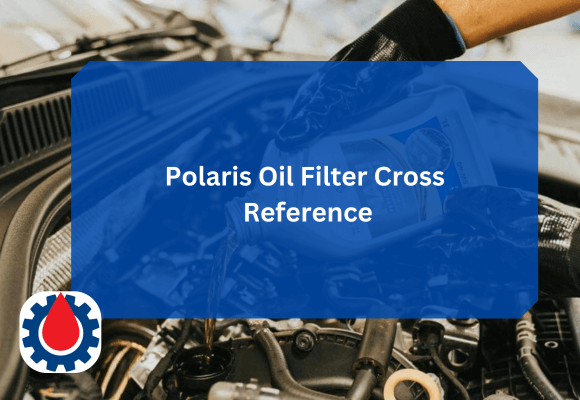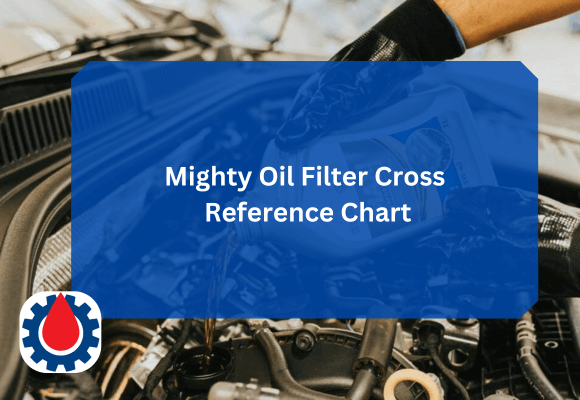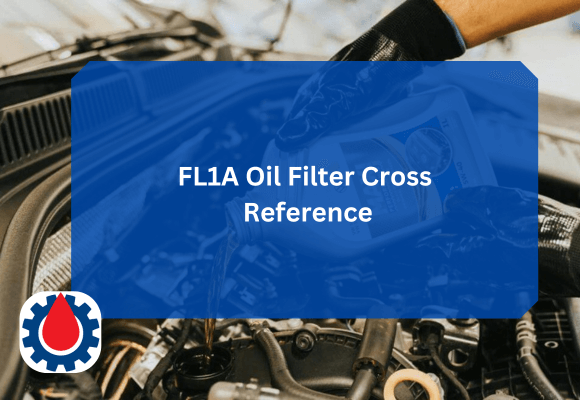MOA, short for “Motor Oil Additive,” is specifically formulated to boost the performance of your regular motor oil, protecting your engine against wear, sludge, and oxidation.
In this post, we’ll explore why MOA engine oil additive is not just an optional extra but a critical component of your vehicle maintenance routine. Let’s jump in.
MOA engine oil additive
1. BG MOA Advanced Formula Motor Oil Additive 11oz
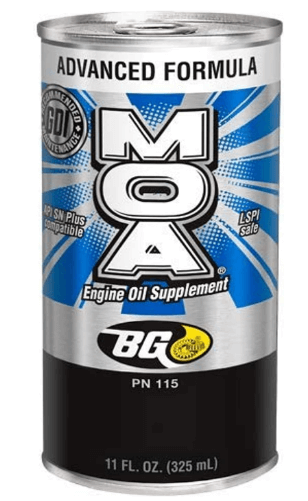
Features:
- Comprehensive Protection: Fortifies engine oil to provide superior, long-lasting engine protection.
- Performance Maintenance: Helps maintain peak engine performance by preventing oil oxidation and thickening, even under intense driving conditions.
- Wear Reduction: Reduces engine wear and prevents sludge and varnish formation.
2. BG Advanced Formula MOA PN 115
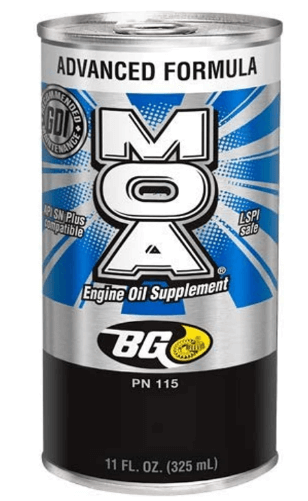
Features:
- Enhanced Oil Stability: Prevents engine oil degradation and thickening, ensuring the reliability of critical engine components.
- Extended Oil Change Intervals: Allows for safe extended oil change intervals without compromising engine protection.
- LSPI Safe: Formulated to be safe for engines susceptible to Low-Speed Pre-Ignition (LSPI).
3. BG Motor Oil Additive

Features:
- Engine Fortification: Enhances all qualities of engine oil, providing superior, long-lasting engine protection.
- Oxidation Prevention: Prevents engine oil oxidation and thickening under even the most intense driving conditions.
- Wear and Sludge Reduction: Extends engine life by reducing wear and preventing sludge and varnish formation.
4. BG Advanced Formula MOA 115
Features:
- Performance Improvement: Improves engine performance, making cars run smoother and more efficiently.
- Fuel Efficiency: Users have reported increased fuel efficiency by up to 3 mpg.
- Engine Noise Reduction: Reduces engine noise, contributing to a quieter driving experience.
5. BG MOA Part #110 Engine Oil Supplement
Features:
- Oil Stability: Keeps oil from breaking down over time, ensuring consistent engine protection.
- Engine Smoothness: Makes engines run smoother and quieter, enhancing overall driving comfort.
- Extended Engine Life: Helps extend engine life by maintaining oil integrity and reducing wear.
Related Zinc Additive Engine Oil(Benefits & Hidden Formula)
What Is MOA Engine Oil Additive?
MOA Engine Oil Additive is a premium lubricant enhancer developed by BG Products. Designed for both conventional and synthetic oils, it works by bonding to engine parts, reducing metal-to-metal contact and friction. MOA is compatible with most engine types and is used during routine oil changes to provide an added layer of protection.
The additive doesn’t replace your motor oil, it enhances it. It’s packed with anti-wear agents, antioxidants, detergents, and dispersants that help your oil maintain its integrity over time.
Related Engine Oil Additives to Stop Ticking Lifter(Top 5 Best Oil)
How MOA Protects Engine Components
Engines consist of numerous moving metal parts that generate heat and friction. Without proper lubrication, these components can wear out quickly, leading to costly repairs.
MOA reduces this wear by forming a protective film over engine parts. This layer minimizes direct contact and prevents microscopic metal particles from grinding against each other. Over time, this dramatically reduces wear on components such as piston rings, bearings, and camshafts.
Related Diesel Engine Oil Additives(Benefits & Top Oil Additives)
1. Combating Oxidation and Oil Breakdown
Heat is the enemy of motor oil. When oil oxidizes due to high engine temperatures, it forms harmful sludge and varnish deposits that can clog vital engine passages.
MOA contains robust antioxidant additives that stabilize the oil under high temperatures. These agents inhibit the formation of sludge, keeping the oil cleaner and more effective for longer periods. This means you can potentially extend your oil change intervals without sacrificing engine protection.
2. Improving Fuel Economy
When an engine operates smoothly with less internal friction, it doesn’t have to work as hard. MOA’s friction-reducing properties directly contribute to better fuel economy.
By improving oil film strength and minimizing energy loss inside the engine, MOA allows for more efficient combustion. This can lead to a measurable increase in miles per gallon, especially in older engines that have started to experience internal wear.
Related Can I Use Engine Restorer and Triax Oil Additive Together
3. Extending Engine and Oil Life
Think of MOA as a long-term investment in your engine’s health. With consistent use, it helps preserve the integrity of engine components, allowing them to last significantly longer.
In addition, MOA enhances the detergent and dispersant capabilities of motor oil. This keeps contaminants suspended in the oil, where they can be filtered out, instead of settling on internal surfaces and causing damage.
This additive also extends the useful life of the oil itself by maintaining its viscosity and reducing thermal breakdown. As a result, your oil stays effective over a longer service interval, saving you money and time.
4. Reducing Engine Noise and Vibration
One of the immediate benefits many users notice after using MOA is a quieter, smoother engine. Reduced friction between engine parts leads to less mechanical noise, while smoother operation can minimize vibrations.
This makes a big difference in driver comfort, especially in high-mileage or older vehicles where parts may already be showing signs of wear.
Related Engine Oil With Most Zinc(Top 5 Best 2025)
5. Ideal for Turbocharged and High-Performance Engines
Turbocharged engines operate under higher heat and pressure conditions than naturally aspirated engines. These engines demand higher-performance lubricants, and MOA meets that challenge with ease.
Its high thermal stability and anti-oxidation properties make it ideal for high-revving, high-performance engines. Whether you’re driving a turbocharged sedan or a sports car, MOA ensures that your engine stays protected, even during aggressive driving.
Safe for Emission Systems and Catalytic Converters
Unlike some additives that contain harmful substances like zinc or phosphorus in excessive amounts, MOA is formulated to be safe for modern emission control systems.
This makes it ideal for use in newer vehicles equipped with catalytic converters and oxygen sensors.
MOA keeps your engine clean without producing harmful byproducts that could damage sensitive emission components. This is particularly important for meeting regulatory standards and ensuring long-term vehicle reliability.
Related Engine Oil Leak – 7 Alarming Signs(How to Fix Them)
How to Use MOA Engine Oil Additive
Using MOA is straightforward. It is typically added during an oil change; just pour the contents into the engine along with your new oil. A single can treat one oil capacity, and it’s recommended for use at every oil change for the best results.
For vehicles under heavy-duty or commercial use, or for those operating in harsh environments, more frequent use may be advised by your mechanic or vehicle manufacturer.
Real-World Benefits Backed by Research
BG Products, the company behind MOA, regularly conducts laboratory and field tests to demonstrate the product’s effectiveness. According to their data, engines treated with MOA show significantly less wear, lower sludge formation, and improved oil performance compared to untreated engines.
Fleet managers, performance tuners, and everyday drivers alike have reported substantial benefits in long-term engine reliability, reduced maintenance costs, and smoother performance when using MOA consistently.
Related Engine Oil Equivalent Chart(Comprehensive Guide)
Final Thoughts
When you weigh the benefits of MOA engine oil additive, extended engine life, better fuel efficiency, enhanced oil stability, and quieter performance, it becomes clear that this small investment offers huge returns. It’s a smart move for anyone serious about engine maintenance and performance.


